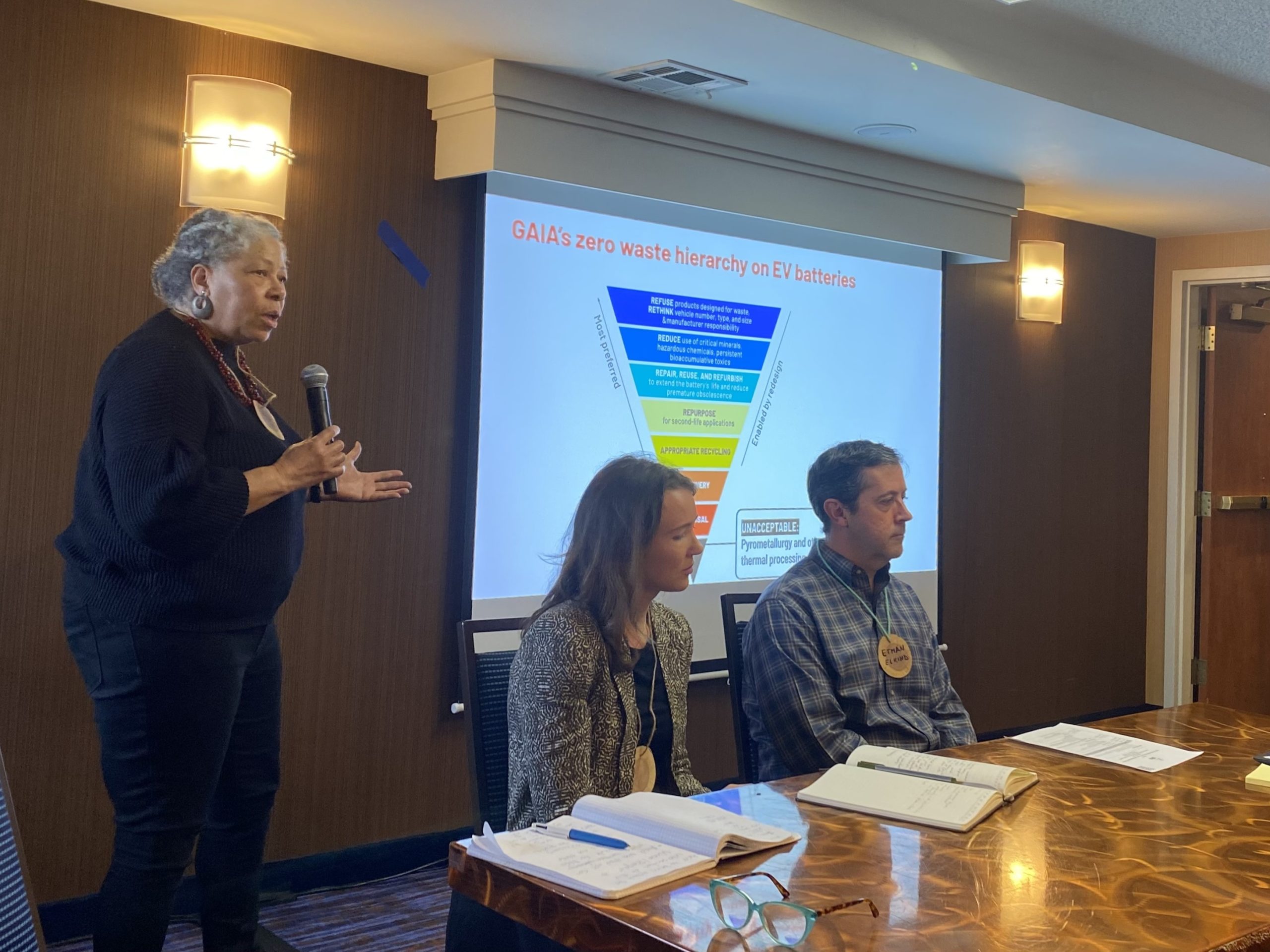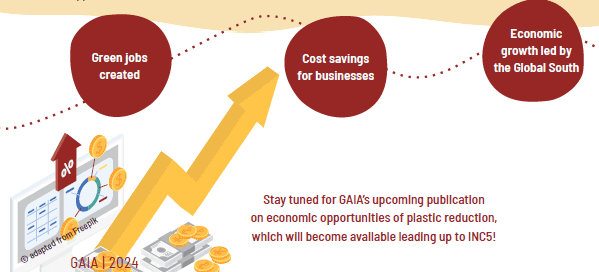We, the undersigned members of the Global Alliance for Incinerator Alternatives – Asia Pacific and its allies, call on the ADB’s Board of Directors to reject the diluted, regressive, and dangerous draft ADB Environmental and Social Framework (“draft ESF”), which is currently being presented without meaningful consultations with affected communities and civil society organizations.
What has been set in 2009 as a forward-looking safeguard policy for people and the planet is turning into an unbreakable shield of protection for industry polluters in a time of deep and intersecting crises of biodiversity, climate, pollution, and social inequalities.
While science, community experiences, and global policy agenda point to bans, phase-outs, and restrictions on the manufacturing, trade, transport, and use of globally known hazardous substances and materials such as persistent organic pollutants and mercury which are known to have adverse impacts on human health, ecosystem, or have potential for depletion of the ozone layer – ADB’s draft ESF has glaringly dropped key multilateral environmental agreements (MEA) governing these harmful and toxic substances and materials.
Instead of keeping at pace with the recent amendments of these MEAs on the standards and targets to curb the most harmful pollutants to guide the Bank and its borrowers, the draft ESF has omitted previous references in the 2009 Safeguards Policy on the Stockholm Convention on Persistent Organic Pollutants, the Montreal Protocol on Substances that Deplete the Ozone Layer and the Basel Convention on the Control of Transboundary Movements of Hazardous Waste and their Disposal. Moreover, it also has ignored the Minamata Convention that governs mercury which is a known byproduct of waste-to-energy incinerators.
In the heart of ignoring global consensus on the need for international standards, targets and cross-border cooperation on the management of hazardous wastes is ADB’s direction towards continued support for industries known to be using toxic wastes as inputs or producing hazardous emissions such as waste-to-energy incinerators, co-incineration of waste with coal and cement plants, refuse-derived fuel, fly ash “recycling”, among others.
Not only does the draft ESF enable the Bank and its borrowers to circumvent obligations to these MEAs, but it also encourages the use of poor or non-existent national mechanisms to under-capacitated developing countries in governing hazardous wastes or rely on the World Bank’s equally inadequate environment and health standards (EHS) instead of supporting developing member-states in the region achieve the objectives of international law.
The undermining of MEAs poses risks to significant long-term impacts on communities in developing countries that are already challenged with shrinking civic spaces, democratic backsliding, and being unjustly blamed for causing pollution and destroying ecosystems.
Moreover, the draft ESF allows continued pollution through offsetting mechanisms that have been repeatedly offered as a default option in the draft ESF for borrowers should their projects create “unavoidable” pollution instead of avoiding damage in the first place. The truth is, that MEAs are telling us that hazardous waste must be restricted and ultimately eliminated in the immediate horizon.
Real safeguarding of the Earth’s resources and preventing pollution starts with redesigning production systems and goods, reducing unwanted extraction, and developing safe and just reuse of waste materials. However, it is alarming that the draft ESF has not placed the proper safeguards to ensure that circular economy activities achieve a just and safe future for everyone, especially the most marginalized players in the conservation of material resources.
Despite the critical roles of informal workers in material resource recovery, the draft ESF has not recognized and protected their rights as provided for by the International Labour Organisation (ILO) Recommendations 193, 204, and 205 which guide member-states on ensuring a just transition.
If adopted, the current draft ESF risks reversing global efforts in addressing pollution and conserving material resources in a just and safe manner.
We reject the draft ESF until the ADB moves toward upward harmonization with international consensus, including in emerging processes like the Global Plastics Treaty.
We demand a progressive ESF policy with avoidance to harm and human rights at the center that empowers communities to say no to rights-violating, climate and debt-inducing projects, and toxic technologies that keep the region as markets for false solutions.




























